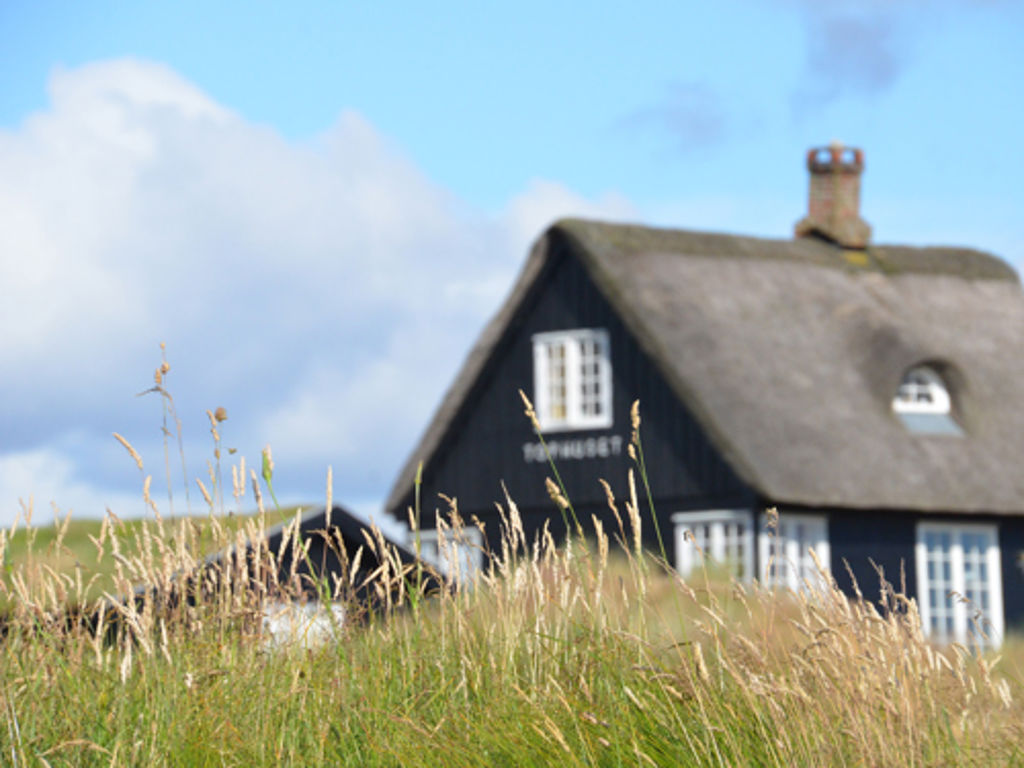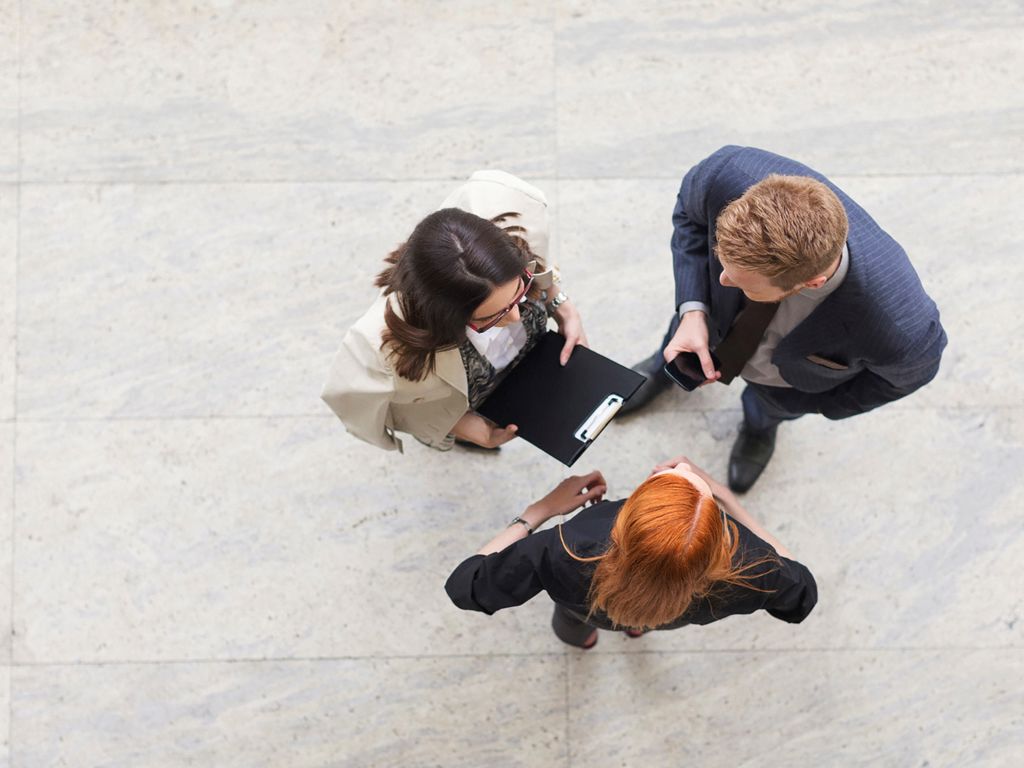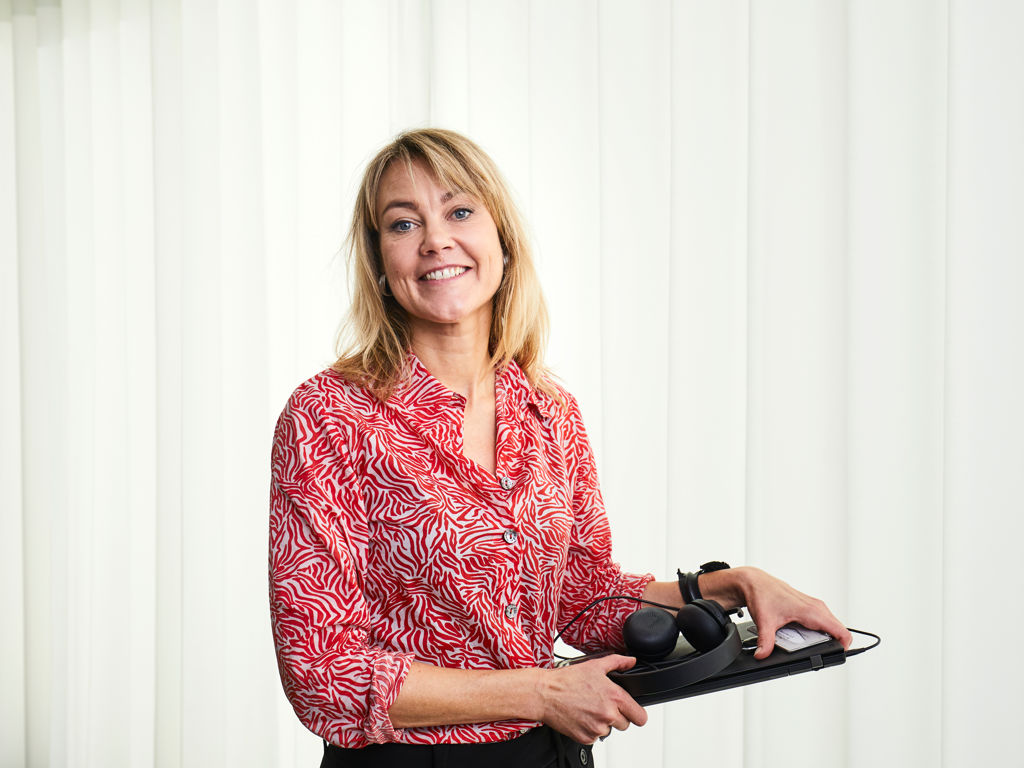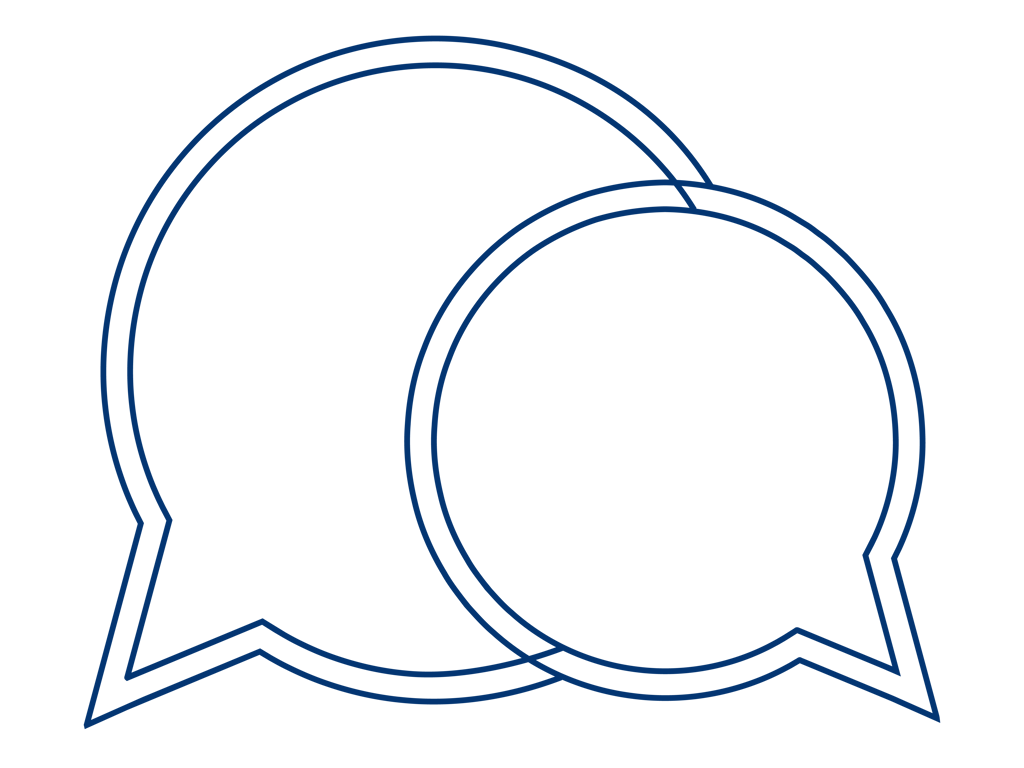5 hours of immersion per week brought peace of mind and energy
For just five hours a week, the employees at the pension company Velliv had to immerse themselves in their work tasks without phones, emails or colleagues disrupting them. The results were surprising.
“There are tasks I have had on my list for several months. Now I don’t have as many of these kinds of tasks, because I got them done during my immersion time.”
The quote comes from an employee of the pension company Velliv, where all employees have participated in an experiment with five hours immersion in work tasks per week.
The employees themselves had to choose whether they wanted to put the five hours together or spread out over the days, and the phone and email had to be switched off while it was happening.
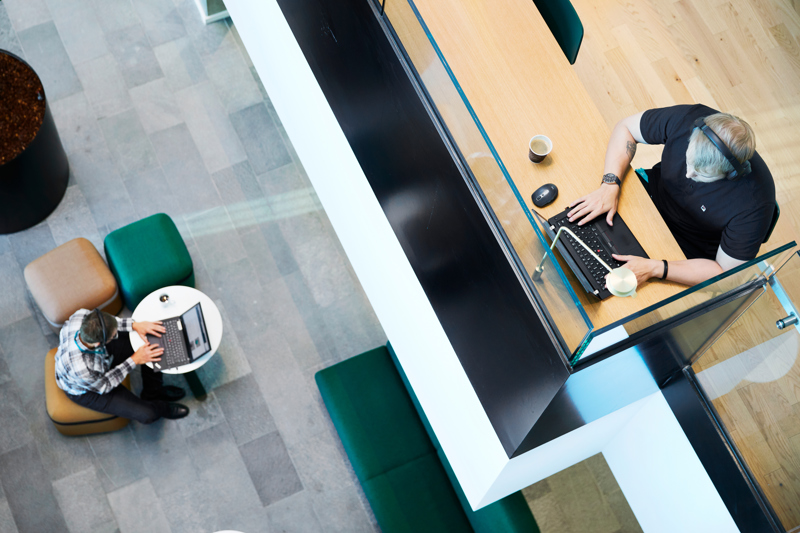
Immersion in Velliv. Photo: Casper Jarlberg
When the experiment was over after six weeks, measurements via heart rate monitors showed that the participants’ stress had decreased as the experiment progressed. Kasper Edwards, assistant researcher on the immersion experiment, found that the experiment had quite a major effect on reducing stress.
“We could see that the physiological stress decreased in the afternoon, which is good because at that time it is time to shut down the day’s work and go home. If you are concentrating deeply on something, the physiological stress will increase, and this should preferably be done at the start or in the middle of the working day”, he says.
More energy measured throughout the day
The five hours of immersion per week could be measured by the employees’ energy. At 5 p.m., they had 23 per cent more energy than usual, and spread over the whole day, they had 18 per cent more energy than before the experiment.
“There was consistent reporting that because the work was planned better, the employees did not stay and work in the evening. Instead, they solved the most difficult tasks during their immersion time, when they had the most energy”, says Kasper Edwards.
The experiment required participants to plan when they would have their immersion time, and some also planned where it would take place.
“For example, if you work in noisy environments or in large offices, it is not suitable for immersion. Therefore, several of the participants chose to spend the immersion time at home in the morning before they came to work”, says Kasper Edwards.
Experiment launched by Finansforbundet
The experiment is part of the Future Work Lab, which was created on the initiative of Finansforbundet because members were reporting increasing stress and decreasing job satisfaction. At the same time, digital development is radically changing working life.
The immersion experiment is one out of nine, all of which aim to strengthen mental health in digital working life.
Signe Bjørg Lyck, Project Manager at Future Work Lab, hopes that the members of Finansforbundet will themselves feel like experimenting in the workplace.
“It’s easier to succeed if there are more of you and you have the support of the management, but you can easily start immersing yourself on your own”, she says.
The project is a collaboration with Finanssektorens Arbejdsgiverforening, which gives the experiment validity, Signe Bjørg Lyck believes:
“Both sides recognise that there is a need for new thinking in the area and we have a common premise of getting smarter”, she says.
Try the experiment yourself
- 5 x 1 hour of immersion per week
- Three reflection questions to be answered in a notebook
- Optional: pulse + recording of immersion time in calendar.
What is Future Work Lab?
- The financial sector has been characterised by increasing stress, and decreasing job satisfaction.
- Working life is changing radically for many employees along with digital development.
- Recognising that there are no clear immediate answers to the challenges, Future Work Lab was created on the initiative of Finansforbundet, which together with Forsikringsforbundet and Finanssektorens Arbejdsgiverforening, sought support for the project at Velliv Foreningen.
- Through concrete experiments with companies in the financial sector, the project has developed knowledge about challenges, opportunities and potential solutions that can strengthen mental health in digital working life.
- Source: futureworklab.dk (the site is exclusively in Danish as of yet)
Mental health and well-being
How do we protect our mental health and well-being when our work life is under constant change? And what learnings and initiatives should we make use of to ensure both fellowship and flexibility? Learn and get inspired here.
Read more about mental helth and well being